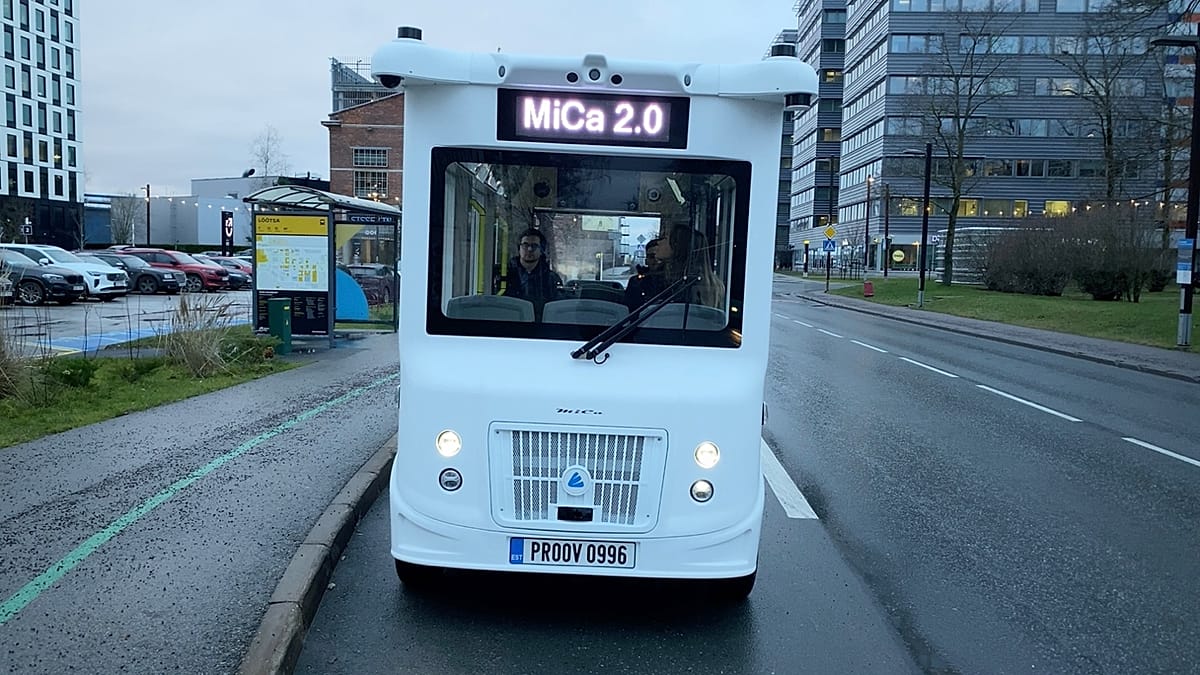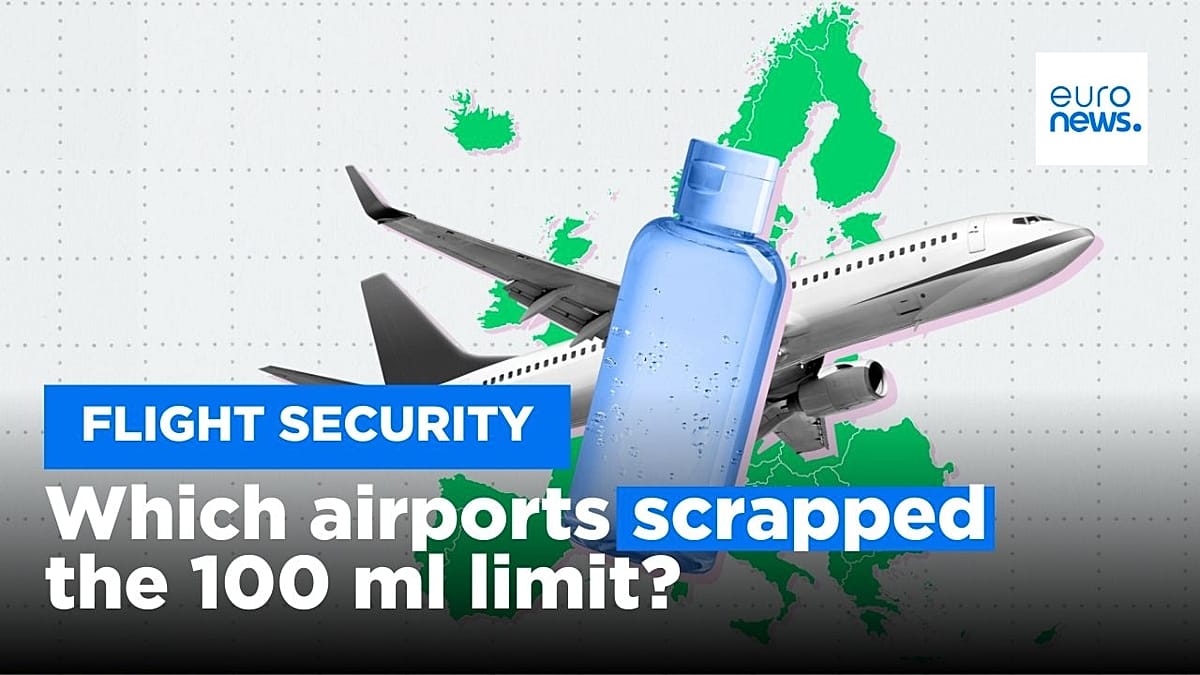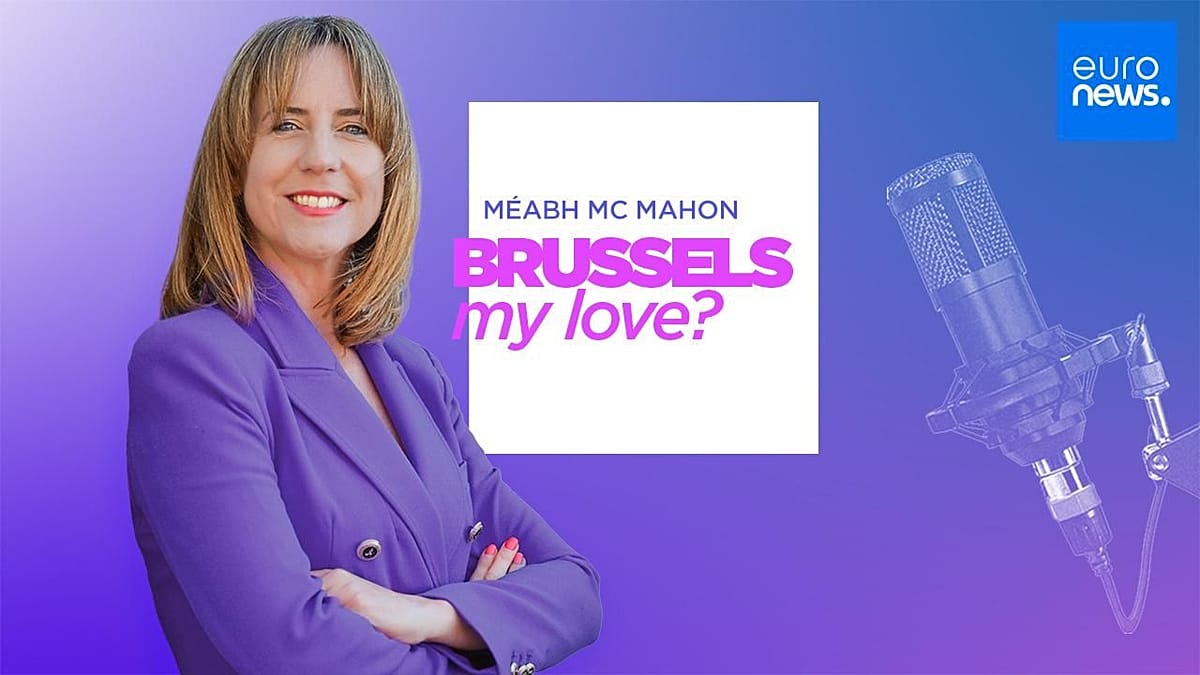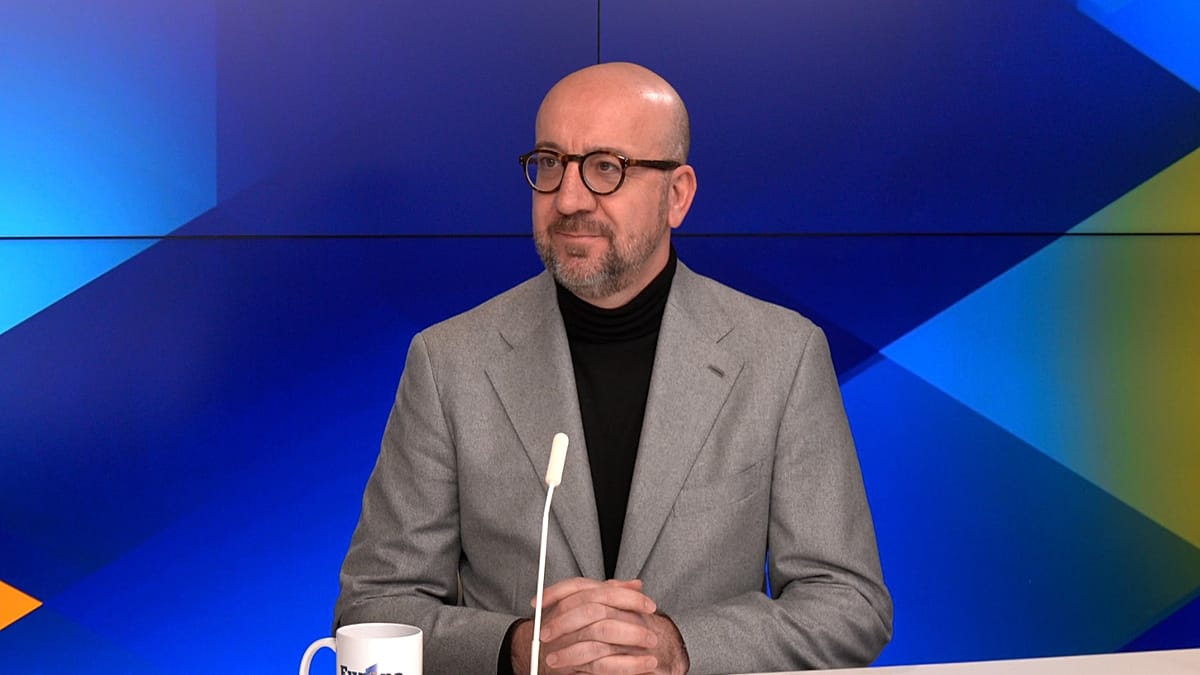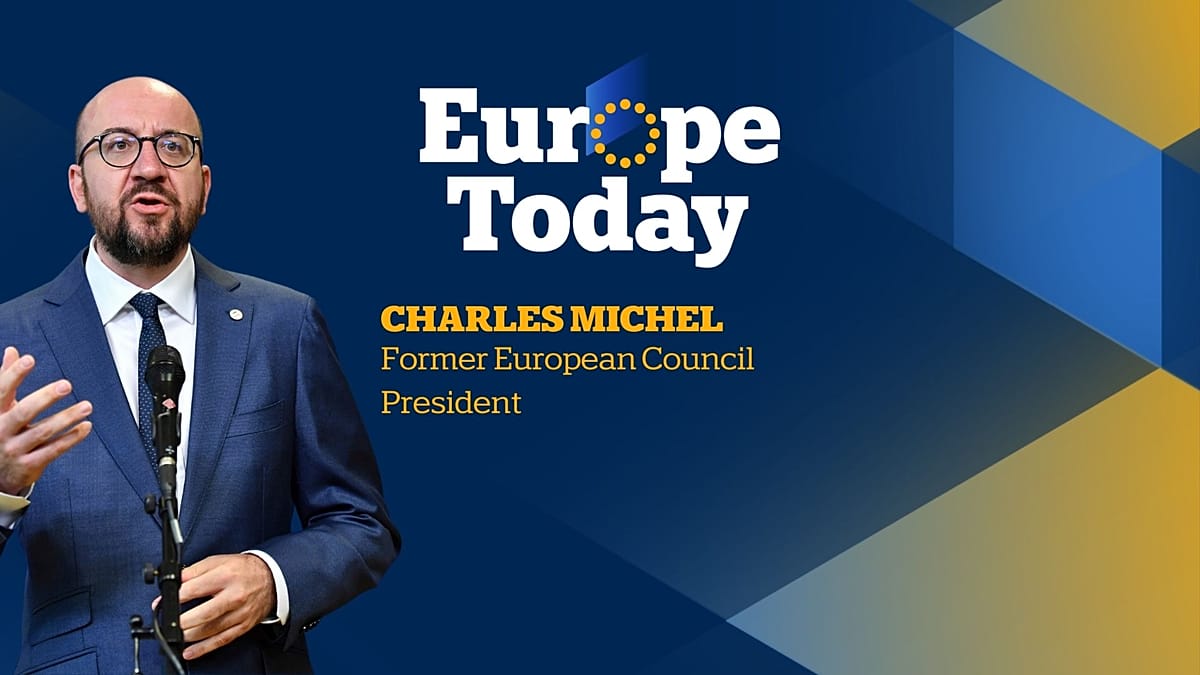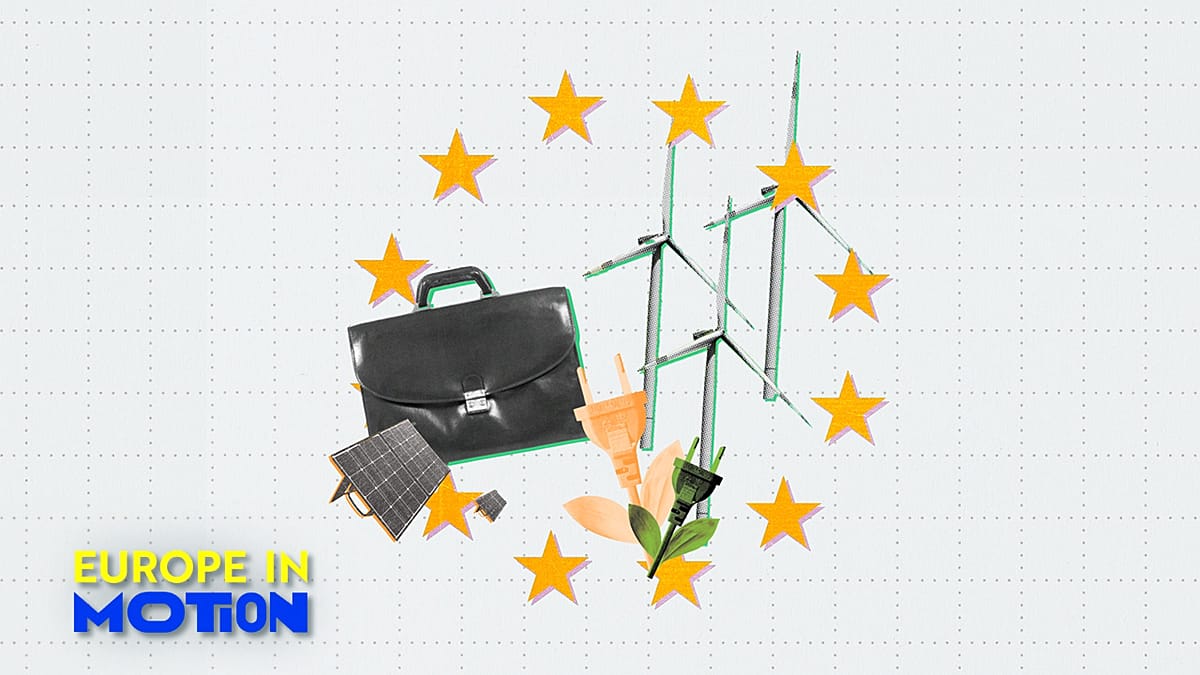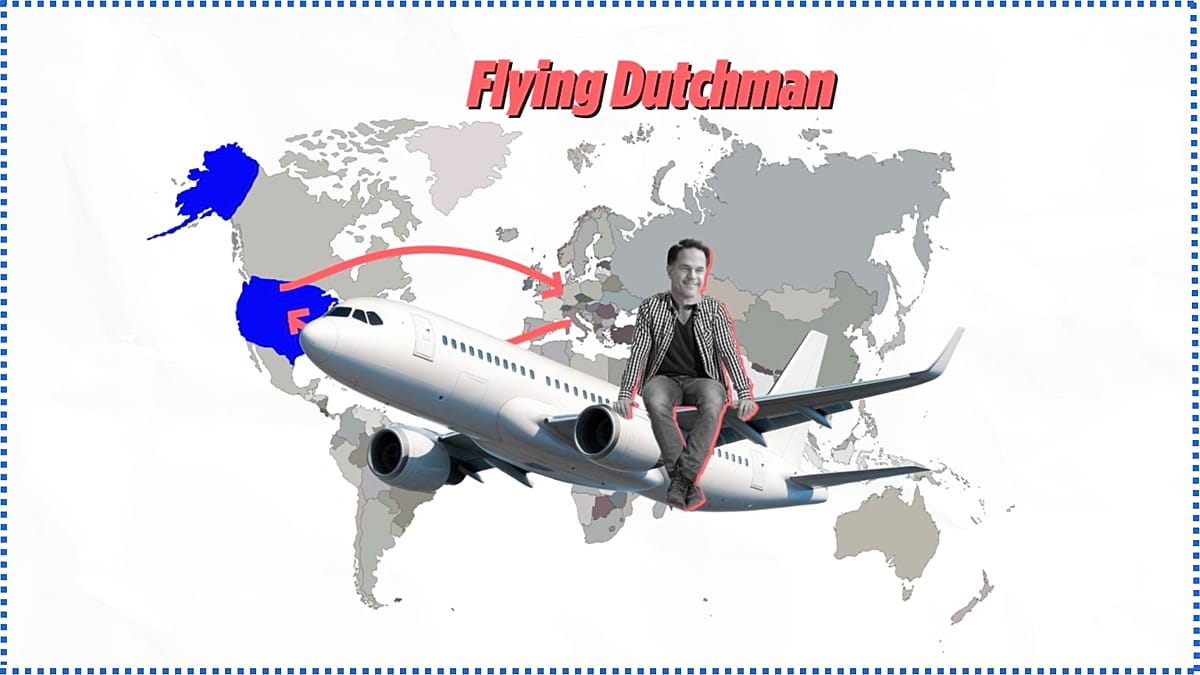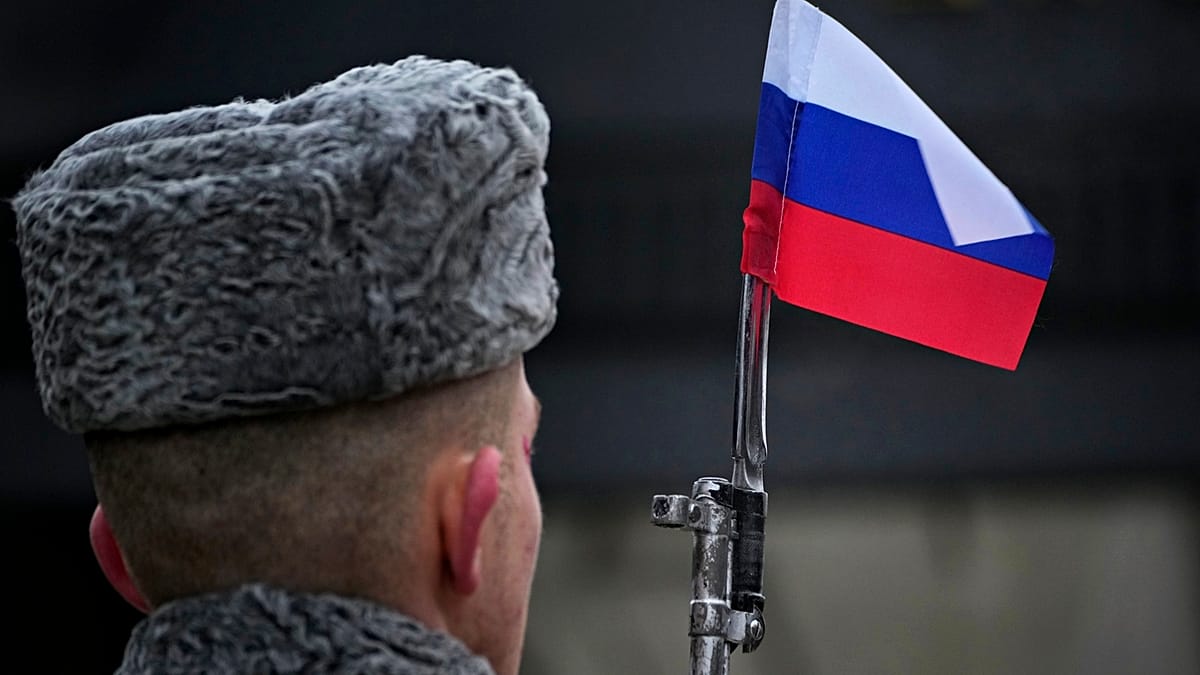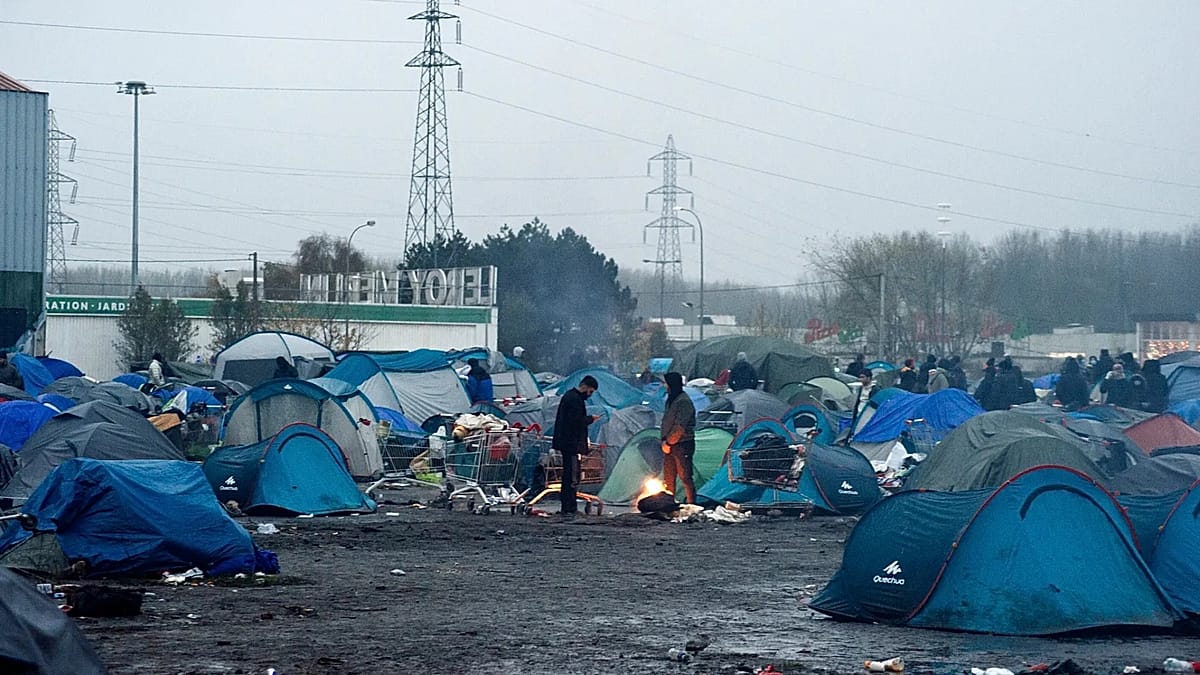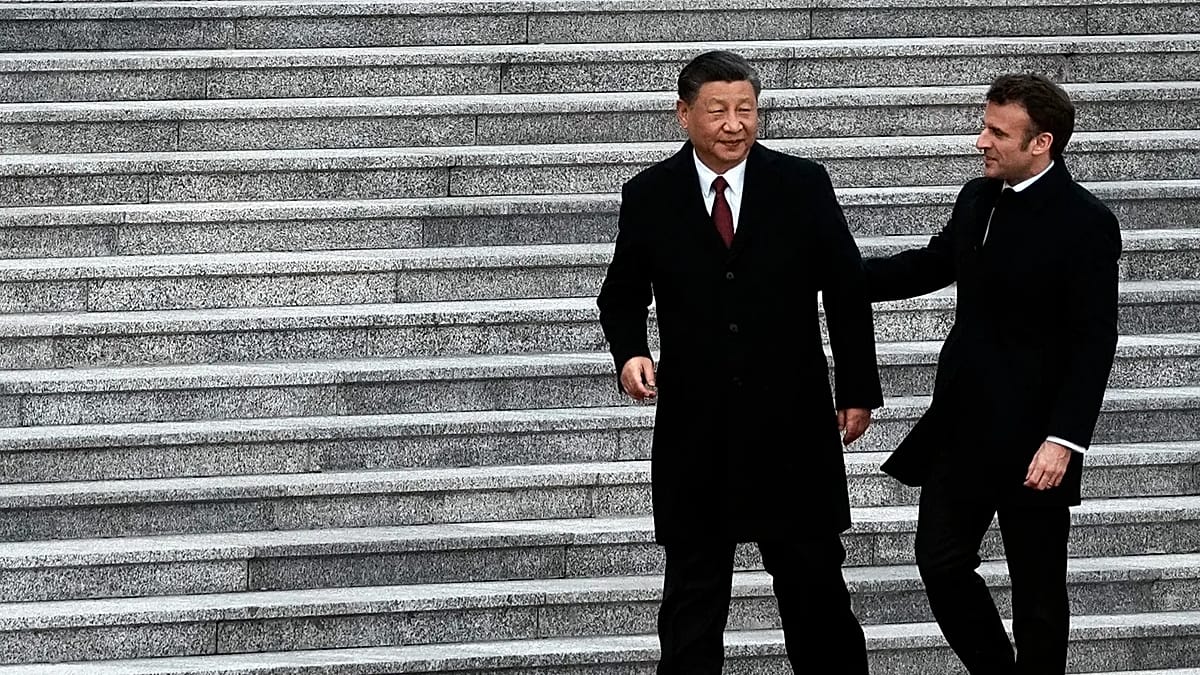
French President Emmanuel Macron will travel to China from 3 to 5 December for a state visit focused on bilateral ties and rebalancing Sino-European relations – and on convincing Beijing to cease its support for Russia’s war on Ukraine.
Economic issues will dominate the agenda, with both countries set to hold strategic positions in 2026 – France hosting the G7 summit and China chairing the Asia-Pacific Economic Cooperation (APEC). The talks come at a crucial economic moment, as the European Union grapples with a ballooning trade deficit that threatens its industrial fabric.
Macron’s visit will peak on 4 December with a closed-door meeting with Xi, followed by a second session bringing in several French ministers. For the Élysée, the aim is to have a genuine “strategic dialogue” with China.
Here is what you need to know.
Macron will advocate for the EU
Having travelled to China in 2023 with EU Commission President Ursula von der Leyen, Macron is visiting alone this time – but because trade is an EU competence, he will act as an EU “envoy,” reporting back to EU member states and the European Commission.
In his talks with Xi, Macron is expected to stay aligned with the EU’s official approach, which classes China simultaneously as a partner for cooperation, an economic competitor, and a systemic rival.
EU-China relations are in poor shape. The EU’s trade deficit with China reached €305.8 billion in 2024, and EU industries suffer from weak demand in the Chinese market.
The EU has also been a collateral victim of the US-China trade conflict, which recently escalated when China restricted exports of rare earths – critical for key EU sectors including automotive, tech, and defence.
Macron will thus be speaking for the EU, defending the idea that “Europe should be respected as a major partner of China, and not treated as a variable in the tensions or relations between China and the United States,” a source at the Élysée told several journalists.
Rare earths will not be directly discussed, but several trade disputes will be on the agenda, such as Chinese investigations into EU pork and dairy products.
The strategic dialogue is expected to revolve around “reciprocal commitments”. Paris intends to push for a shift in Chinese policy so that the Asian giant consumes more and exports less. In return, the EU would commit to saving less and producing more.
“It is about ensuring solid and sustainable growth for the benefit of all,” the same source said.
Innovation with shared benefits
Investments and innovation will be top priority on the agenda.
China is home to many companies that are leaders in innovation – from artificial intelligence to batteries and drones – and it is expanding across the globe with new companies setting up abroad, including in the EU.
France is not China’s main entry point into the European market, but it has nonetheless recently invested in strategic sectors there such as chemicals, automotive and energy.
As EU member states consider imposing obligations on technology transfers to Chinese companies, Macron will advocate in favour of “sharing the gains of innovation”.
“After 30 years of globalisation that have largely enabled China to grow and innovate,” the same source said, “it is important to take into account the fact that in a number of areas, the Chinese now have technologies that are particularly advanced and that can be shared with their trusted partners, including Europeans.”
A delegation of French CEO’s will also travel with the French president seeking access to the Chinese market.
Ukraine and Taiwan in focus
Macron’s trip will also have a strong foreign policy flavour, with particular focus on two geopolitical flashpoints: Ukraine and Taiwan.
The French leader will meet Xi just as the US rushes to strike a deal betwen Ukraine and Russia to end the war sparked by Russia’s full-scale invasion in 2022. Europeans are scrambling to close ranks in Ukraine’s favour to ensure the draft text upholds Kyiv’s sovereignty and maintains security on the continent.
Although China is not directly involved in the fast-moving process, Europeans believe its role is essential in the conflict. Beijing has been accused of supplying a vital lifeline to Moscow, including 80% of the components needed to manufacture weapons.
Despite repeated pleas by EU leaders, including Macron himself, China has not moved one inch in its support for Russia. During the trip, the French president is expected to remind Xi that China, as a permanent member of the UN Security Council, has a responsibility to uphold global peace and international security.
But Xi’s attention is elsewhere. China is currently embroiled in a bitter showdown with Japan over Taiwan, the self-ruling island democracy that Beijing claims as a breakaway province.
Earlier this month, Japan’s new prime minister, Sanae Takaichi, told Parliament that any attempt by China to blockade or invade Taiwan would amount to an existential matter for her country. That official designation would allow Japan to deploy its military overseas.
Beijing reacted with fury and imposed several counter-measures to inflict economic pain and apply political pressure on Tokyo, which has so far stood by Takaichi’s remarks.
This week, Xi took the initiative and called US President Donald Trump to discuss the issue. Trump then called Takaichi and reportedly asked her to lower the temperature.
It is all but guaranteed that Xi will also raise the matter of Taiwan when he meets with Macron during the official visit. The French president will echo the EU’s long-standing position – no recognition of Taiwan as a sovereign nation and no changes to the status quo in the Taiwan Strait – to avoid aggravating already inflamed tensions.
“Given the statements of the Japanese Prime Minister, we ask that everyone adhere to this position, which is the one that guarantees that there will be no escalation around Taiwan,” the Élysée source said.

